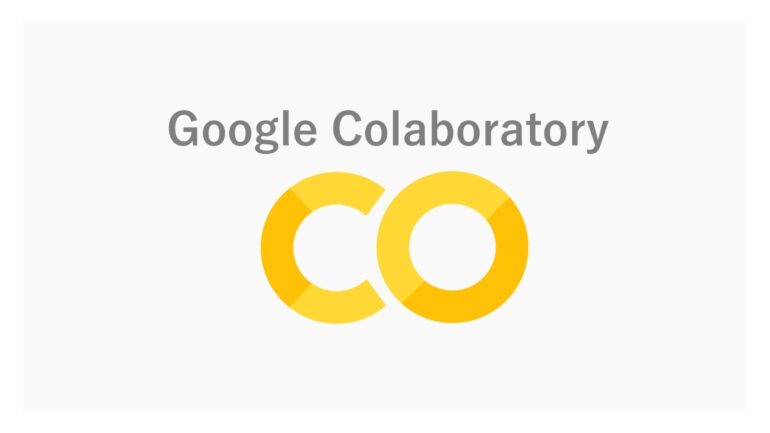TL;DR:
- Google’s Bard project has been overshadowed by OpenAI’s ChatGPT.
- ChatGPT is featured on Microsoft’s Bing Mobile and Skype apps.
- Google faced internal challenges when ChatGPT became widely available.
- Bard was slower in implementing AI coding capabilities compared to ChatGPT.
- Google is expanding AI coding features to Google Colab, its Python development environment.
- Colab will have a dedicated chatbot and the ability to generate code using natural language.
- Codey, an AI model focusing on coding, powers these new features.
- Initially, Codey models will be available to US-based Colab users.
- Code generation will be a primary focus, improving programming speed and quality.
- Users will have a “Generate” button and a text prompt box for code generation.
- A chatbot is planned for Colab, enhancing the AI experience.
- Autocomplete suggestions will be introduced for paying subscribers of Colab.
- The features will roll out gradually, starting with US-paying customers.
- Google plans to expand availability to other regions and free Colab subscribers.
- Generating code on Google’s chatbot and exporting it to Colab is no longer necessary.
- Generated code via chatbot prompts may be used by Google to improve its models.
Main AI News:
Google’s foray into the realm of generative AI, represented by its Bard project, has faced considerable setbacks due to the rapid ascent of OpenAI’s ChatGPT. ChatGPT’s exceptional performance has garnered its recognition, even earning a place on Microsoft’s Bing Mobile and Skype applications. Reports from December 2022 suggested that Google experienced internal turmoil, akin to a “code red,” when ChatGPT became widely accessible. While ChatGPT has been supporting coding for quite some time, Bard lagged behind in embracing this functionality. However, this changed in the past month as Google expanded its AI coding capabilities to include Google Colab, the cloud-based Python development environment.
Among the assortment of AI enhancements heading to Colab, users can look forward to a specialized chatbot designed to assist them throughout the coding process. Additionally, Colab will enable the generation of code using natural language. Google unveiled these exciting features in a recent announcement, attributing their arrival to Codey, an AI model with generative capabilities focused on coding. Codey, built on the foundation of PaLM 2, was unveiled during the recently concluded I/O 2023 event.
In its initial phase, Codey models within Colab will exclusively cater to users located in the United States. Google emphasizes that the initial feature set will prioritize code generation, asserting that this integration has the potential to significantly augment programming speed, quality, and comprehension. Moreover, this feature rollout eliminates the tedious task of repetitively typing the same type of code. When eligible, Colab users will notice the inclusion of a prominent “Generate” button accompanied by a text prompt box, as visually demonstrated.
Furthermore, a forthcoming chatbot is set to join the ranks of Colab’s offerings, although an exact timeline for its release remains undisclosed. Google assures users that this chatbot will be capable of responding to fundamental queries such as “How do I import data from Google Sheets?” or “How do I filter a Pandas DataFrame?” This addition aims to further enrich the AI experience for both novices and seasoned professionals.
Meanwhile, paying subscribers of Colab deemed “eligible” will soon benefit from autocomplete suggestions while typing out code. This functionality streamlines the coding process by reducing keystrokes, especially when dealing with copious amounts of code.
Google plans to roll out these features gradually over the following months, initially focusing on paying customers in the United States. In due course, the company intends to expand availability to “other geographies.” Additionally, free Colab subscribers can anticipate access to these enhancements in the future.
This novel solution alleviates the need to generate code on Google’s chatbot and subsequently export it to Colab. However, it is essential to bear in mind that any code generated through chatbot prompts may be utilized by Google to enhance its models. Therefore, unless one’s curiosity supersedes concerns regarding public exposure of their code, this method is not advisable for confidential or proprietary code.
Conlcusion:
The emergence of OpenAI’s ChatGPT and Google’s expansion of AI coding capabilities to Google Colab signifies a significant shift in the market for generative AI and coding assistance. Google’s Bard project has faced challenges in competing with the rapid rise of ChatGPT, which has gained prominence through its integration with Microsoft’s popular applications. The introduction of Codey, a dedicated AI model focused on coding, brings enhanced features to Colab users, including a chatbot and the ability to generate code using natural language.
These advancements have the potential to revolutionize programming processes, increasing speed, quality, and comprehension. With gradual rollout plans and the promise of expanded availability, businesses and professionals in the market can expect improved AI experiences and streamlined coding workflows. It is important to consider the implications of generated code and its potential use in model improvement while acknowledging the convenience and efficiency offered by these advancements.

